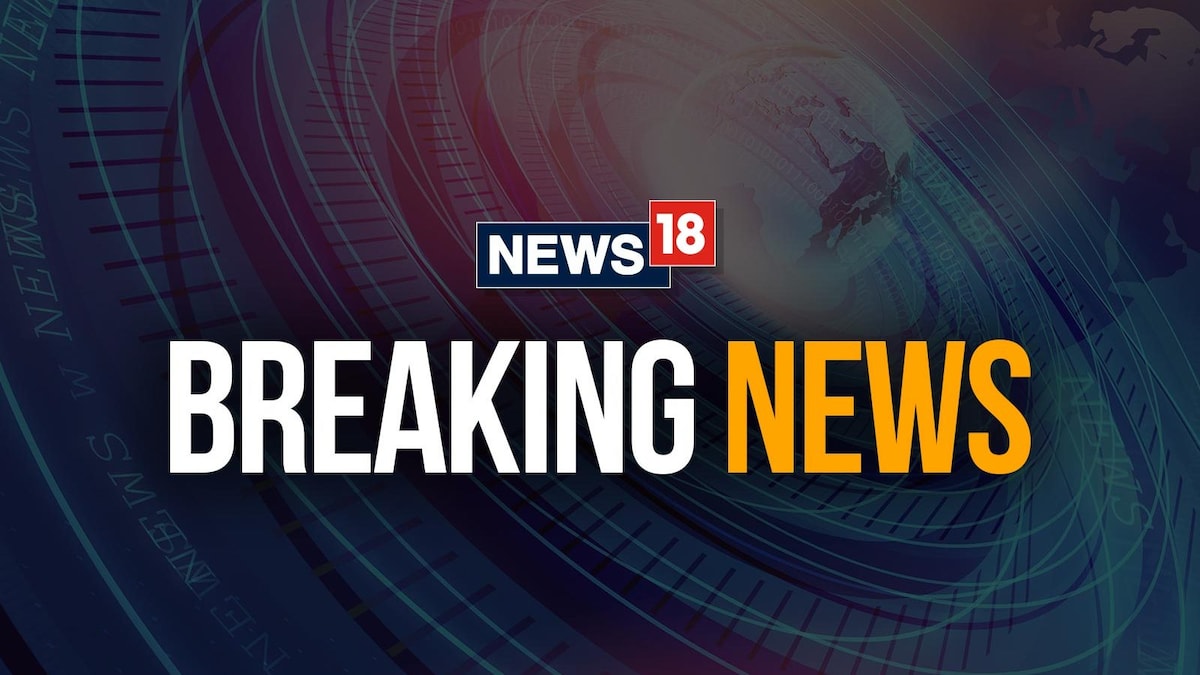Israel and Lebanon, who fired missiles and rockets at each other on Sunday, said they did not want more escalation for now but warned of conducting strikes in the future amid spiralling tensions in the Middle East.

Smoke and fire are seen in the sky from Tyre on the Lebanese side of the border with Israel on Sunday. (Photo: Reuters)
Amid fresh tensions in the Middle East, Israel and Lebanon on Sunday decided to avoid further escalation for now but warned of more strikes after both sides were involved in missile strikes in one of the biggest attacks in over 10 months of border fighting in the region.
Earlier, the Israel Defence Forces hit dozens of "terror targets" in Lebanon with about 100 fighter jets as Hezbollah responded by firing more than 320 Katyusha rockets from Lebanon towards Israeli territory. The attacks raised the risk of a full-blown conflict in the Middle East, which is already grappling with the ongoing war between Israel and Palestinian group Hamas in Gaza.
Hezbollah leader Sayyed Hassan Nasrallah said the Iranian-backed group's barrage, a retaliation for the killing of senior commander Fuad Shukr last month, had been completed as "planned", news agency Reuters reported.
Shukr, who died in an airstrike, was quickly followed with the killing of top Hamas leader Ismail Haniyeh, with Iran vowing to strike back at Israel.
However, Nasrallah said Hezbollah would assess the impact of its rocket strikes and asserted that "if the result is not enough, then we retain the right to respond another time".
Sunday's Israel-Lebanon strikes, which killed four -- three in Lebanon and one in Israel -- prompted Israel's Foreign Minister Israel Katz to state that his country did not seek a full-scale war. However, Prime Minister Benjamin Netanyahu said "this is not the end of the story".
Two diplomats told Reuters that Israel and Lebanon neither wanted further escalation and exchanged messages stating that it was "done".
A full-blown Middle East war threatened to take centerstage after 12 people were killed in a missile strike in Israeli-occupied Golan Heights and the subsequent killing of Shukr by the Israeli military.
A Hezbollah official said the Lebanese group had delayed its retaliation for ceasefire talks and calibrated its attack on Israel to avoid a full-scale war.
The US said it was not involved in Israel's strikes on Sunday and that President Joe Biden was keeping an eye on the developments in the region. Washington, however, provided some intelligence about incoming attacks by Hezbollah, a US official said.
"We will keep supporting Israel’s right to defend itself, and we will keep working for regional stability," Security Council spokesperson Sean Savett said.
US General CQ Brown, the chairman of the Joint Chiefs of Staff, arrived in Israel on Sunday as part of a regional tour aimed at preventing escalation. He is expected to meet senior Israeli military officials, according to Reuters.
Meanwhile, Egypt, one of the mediators in the ceasefire talks on ending the Gaza war, warned against the dangers of a war opening in Lebanon. Jordan also expressed concern over the risks of more escalation in the region.
Hezbollah struck Israel with missiles after Hamas terrorists attacked the Jewish nation on October 7 last year. Israel responded with a massive military offensive in Gaza, which has killed over 40,000 people so far. Since then, both Israel and Hezbollah have been exchanging fire.
(with inputs from Reuters)
Published By:
Prateek Chakraborty
Published On:
Aug 25, 2024

 3 weeks ago
3 weeks ago



















